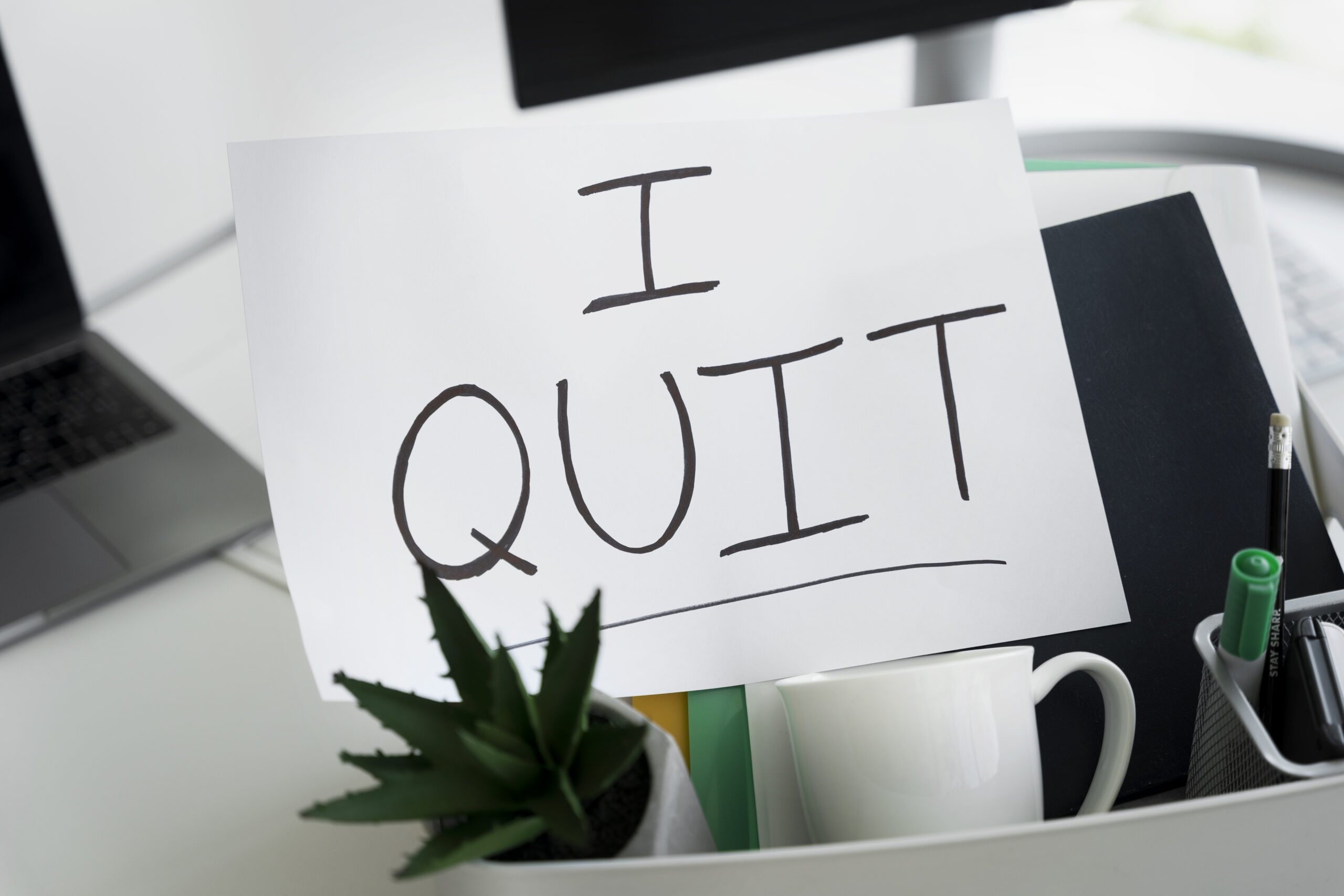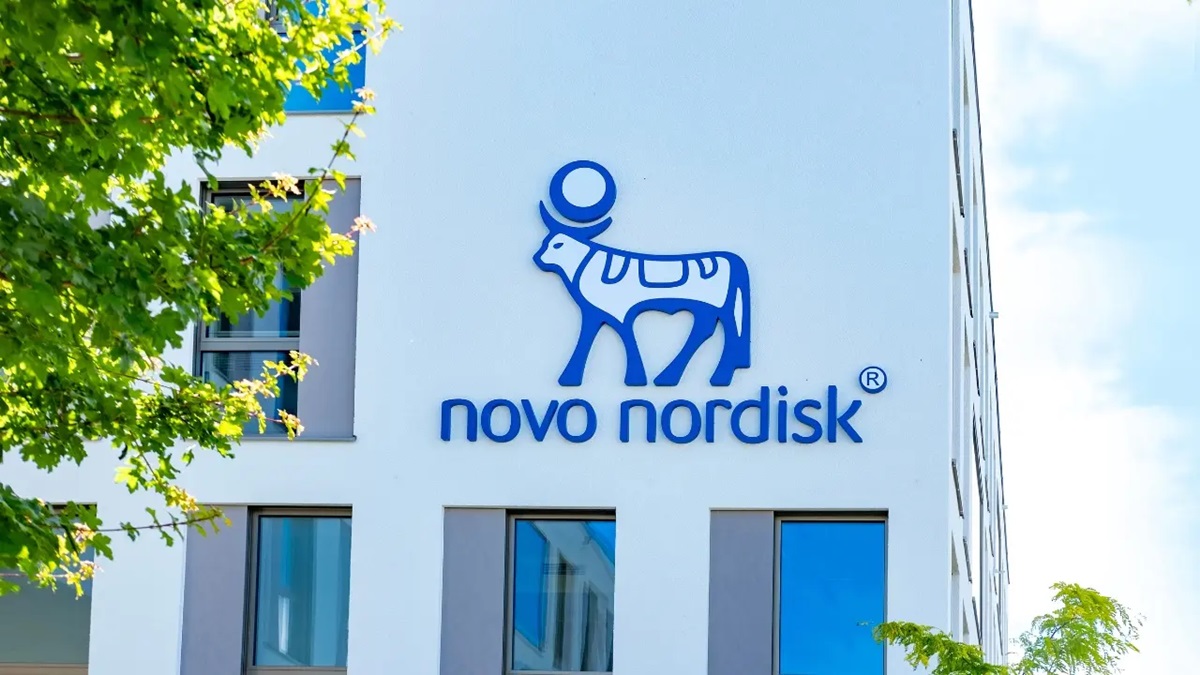Novo Nordisk has ordered all staff to return to the office full-time, ending remote working arrangements as the Danish drugmaker’s new chief executive seeks to restore momentum after stalled sales, job cuts and fierce competition. Reuters reported on Thursday that the mandate marks one of the sharpest corporate reversals on hybrid work by a European multinational.
The announcement came a day after Novo Nordisk said it would cut 9,000 jobs, around 8 per cent of its global workforce. The layoffs, aimed at reducing costs and speeding decision-making, came as the company lost about $450 billion in market value since mid-2024. Shares slumped after demand for its weight-loss drug Wegovy plateaued and investors worried about rising rivalry from Eli Lilly’s Mounjaro.
Novo said the new office rule was intended “to foster a stronger sense of belonging, strengthen relationships, enhance collaboration and accelerate decision-making processes”. The company did not confirm what its previous work-from-home policy had been. Danish news agency Ritzau reported that rules varied between departments and regions, with no consistent global framework.
The decision drew criticism from Denmark’s HK Privat union, which represents administrative and laboratory staff at Novo Nordisk. Its chair, Kim Jung Olsen, said in a statement that remote and office work could have coexisted.
“Working from home and a vibrant office culture are not necessarily mutually exclusive,” Olsen said. “It is unfortunate for the many employees who have enjoyed being able to work from home from time to time that management has not managed to make this work at Novo Nordisk.”
Novo Nordisk said employees would still be able to make individual agreements with managers, leaving scope for limited flexibility.
The decision comes at a critical moment for the company. Novo Nordisk and Eli Lilly dominate the fast-growing obesity drug market, but competition has intensified as compounded copycat drugs gain traction and as Eli Lilly has advanced supply chains and commercial rollout of its therapies.
Reuters noted that Novo Nordisk’s management sees tighter control and faster collaboration as vital to competing effectively. The Wall Street Journal reported that the company’s new CEO wants to accelerate commercial execution after a year in which sales growth slowed and investor confidence waned.
Novo Nordisk’s move mirrors a broader shift across multinationals. In January, JPMorgan Chase instructed staff to return to the office five days a week. Amazon rolled back hybrid flexibility in late 2024, and US federal employees have also been ordered back to government offices. Executives argue that productivity, culture and decision-making are harder to maintain in dispersed workforces.
But critics warn the pendulum may be swinging too far. Surveys cited by Reuters show many employees value flexibility as a condition for retention. In industries such as pharmaceuticals, where scientific talent is in high demand, mandatory office policies could risk pushing staff to competitors.
For Novo Nordisk, the combination of job losses and the end of remote work has unsettled staff. Some analysts say the approach risks damaging morale at a time when the company most needs to hold on to key talent. Others argue that restoring discipline through in-person collaboration could help the company sharpen its execution against Eli Lilly and other challengers.
The mandate highlights the cultural balancing act inside global firms: while management presses for speed and control, employees want flexibility and autonomy. Novo Nordisk’s compromise — allowing one-to-one exceptions with managers — may soften the blow but leaves uncertainty about how strictly the policy will be applied.




















